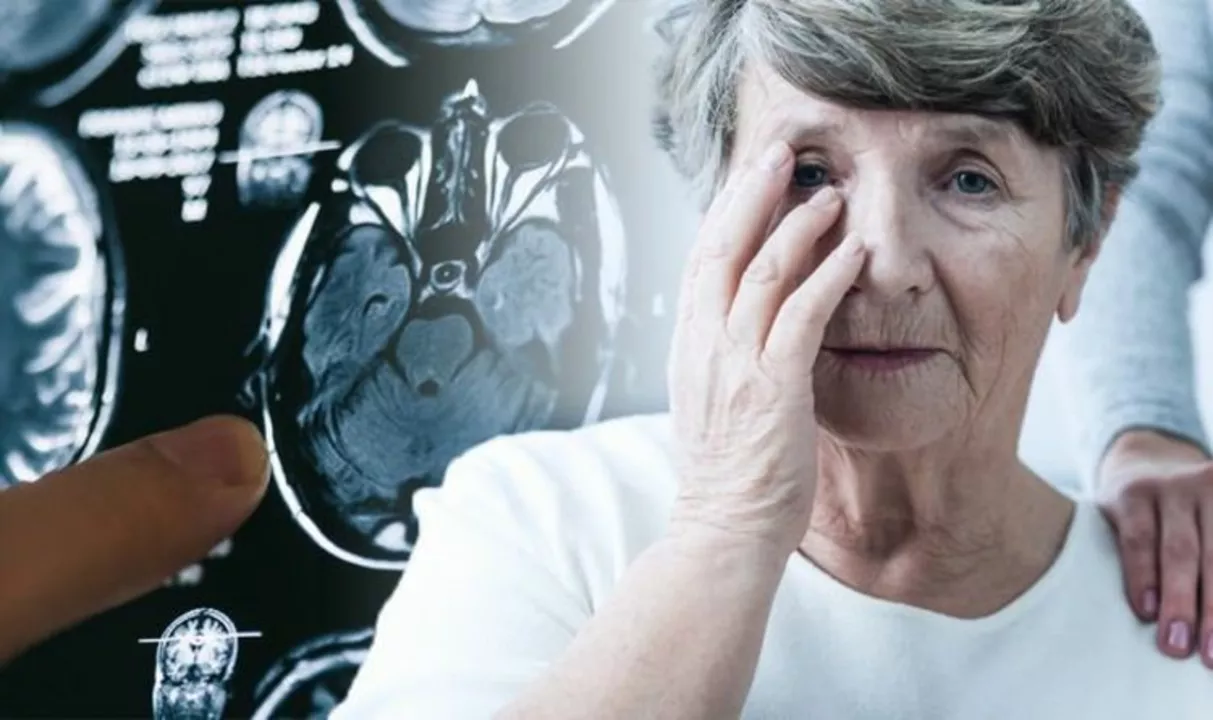Dementia: What to Watch For and How to Start Helping
Worried a parent or partner is slipping mentally? Dementia doesn’t always start with dramatic memory loss. Small changes—repeating questions, getting lost in familiar places, or struggling with bills—are red flags. Catching these early makes a big difference for planning, treatment, and daily life.
Recognize early signs
Watch for these clear, everyday clues: repeated questions, trouble following recipes or conversations, misplacing items more often, personality shifts (more withdrawn or irritable), and poor judgment with money. If these happen more than once or affect daily life, see a doctor. A primary care visit often includes basic tests, then a referral to a neurologist or geriatric specialist if needed.
Don’t assume forgetfulness is just age. Short-term memory problems that get steadily worse, confusion about time or place, and trouble completing familiar tasks are not normal aging. Early diagnosis can reveal treatable causes and help you plan practical steps right away.
Practical care and medication safety
Start with simple routines. Keep clocks and calendars visible, label drawers, and break tasks into short steps. Use pill organizers, alarms, and large-print instructions to reduce medication mistakes. Consistent mealtimes, regular sleep, and short daily walks help mood and cognition more than many people expect.
Medications need special attention. Some drugs can worsen memory or interact badly with dementia meds. Ask the doctor or pharmacist to review every prescription and over-the-counter product. Keep a single, updated medication list and bring it to appointments. If you buy meds online, pick a site that requires a prescription, lists a real address and phone number, uses secure payment, and has clear return policies. When in doubt, call your local pharmacist for verification.
Supplements may promise brain benefits, but evidence is mixed. Talk to your healthcare team before starting anything new—some supplements interfere with prescription drugs or raise bleeding risk. A pharmacist can help check interactions quickly.
Plan for safety at home: remove trip hazards, install good lighting, and use locks or alerts if wandering is a risk. Prepare simple emergency information—name, doctor, and medications—on a card in the person’s wallet. For money and legal decisions, get guardianship or power of attorney documents sorted early while the person can still decide.
Caregiving is hard. Look for local support groups, short-term respite care, and online communities to share tips and lessen isolation. Small changes—one consistent routine, a medication checklist, and a trusted pharmacist—can prevent many common problems and make daily life calmer for both of you.
If you want, we can point you to trusted pharmacy safety tips, pill organizers, or a quick medication review checklist to take to an appointment. Practical help is a click away—start with one small step today.

